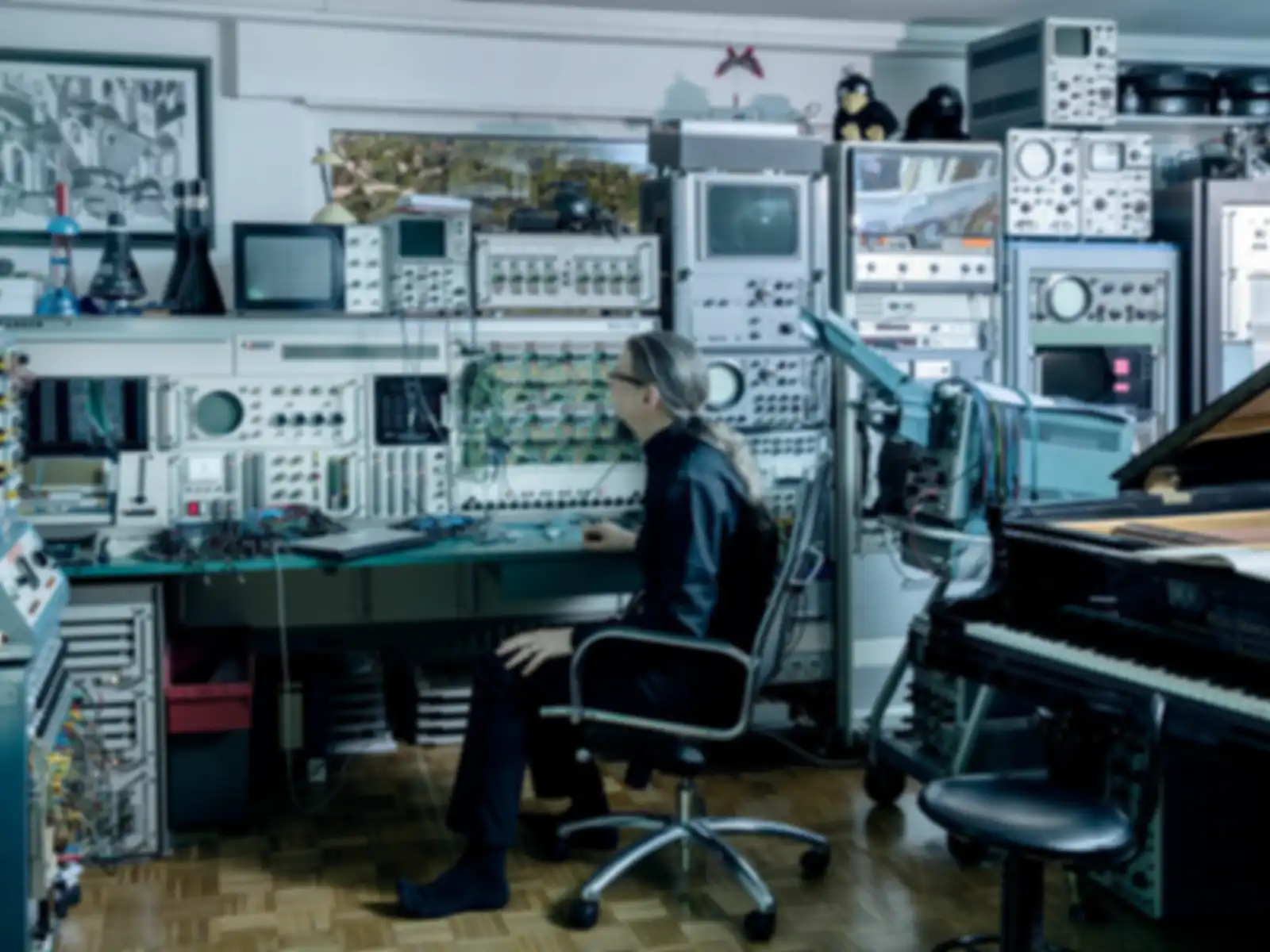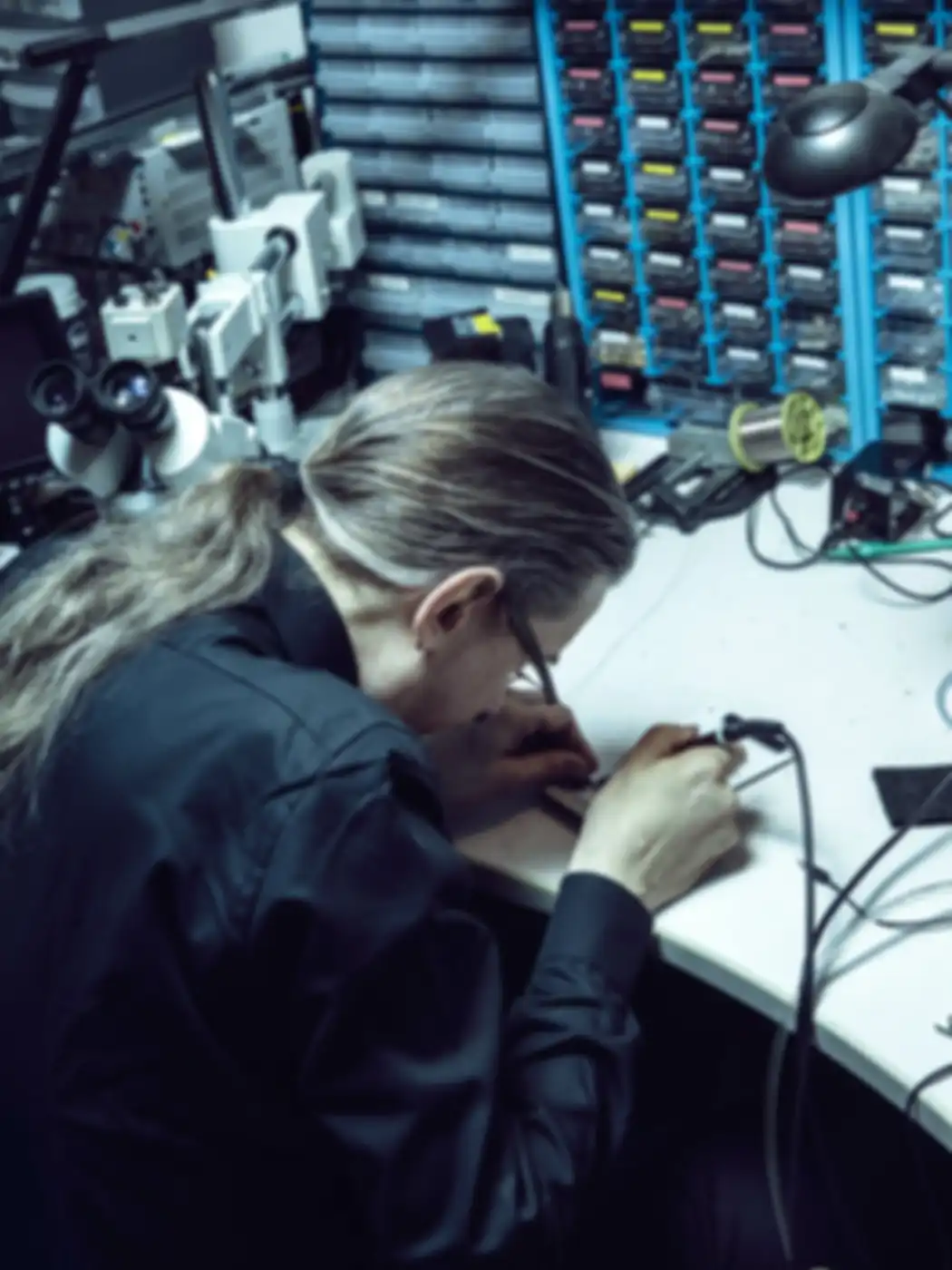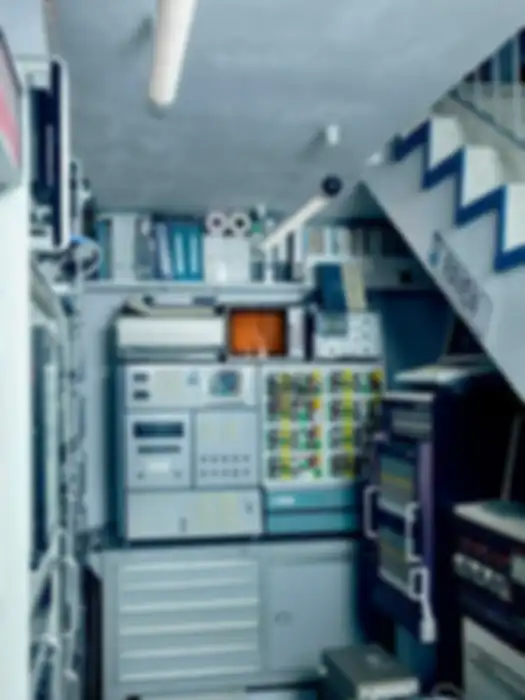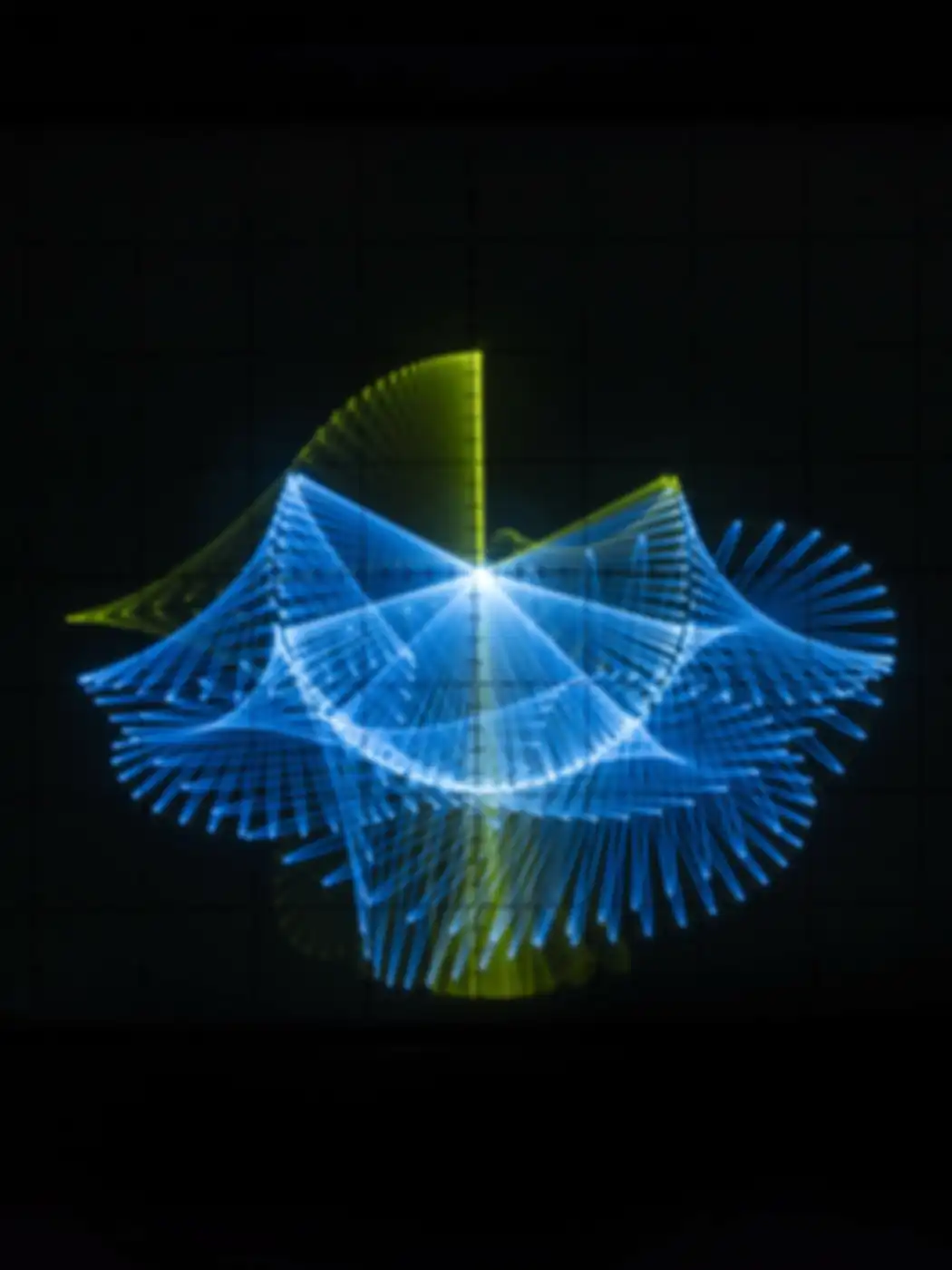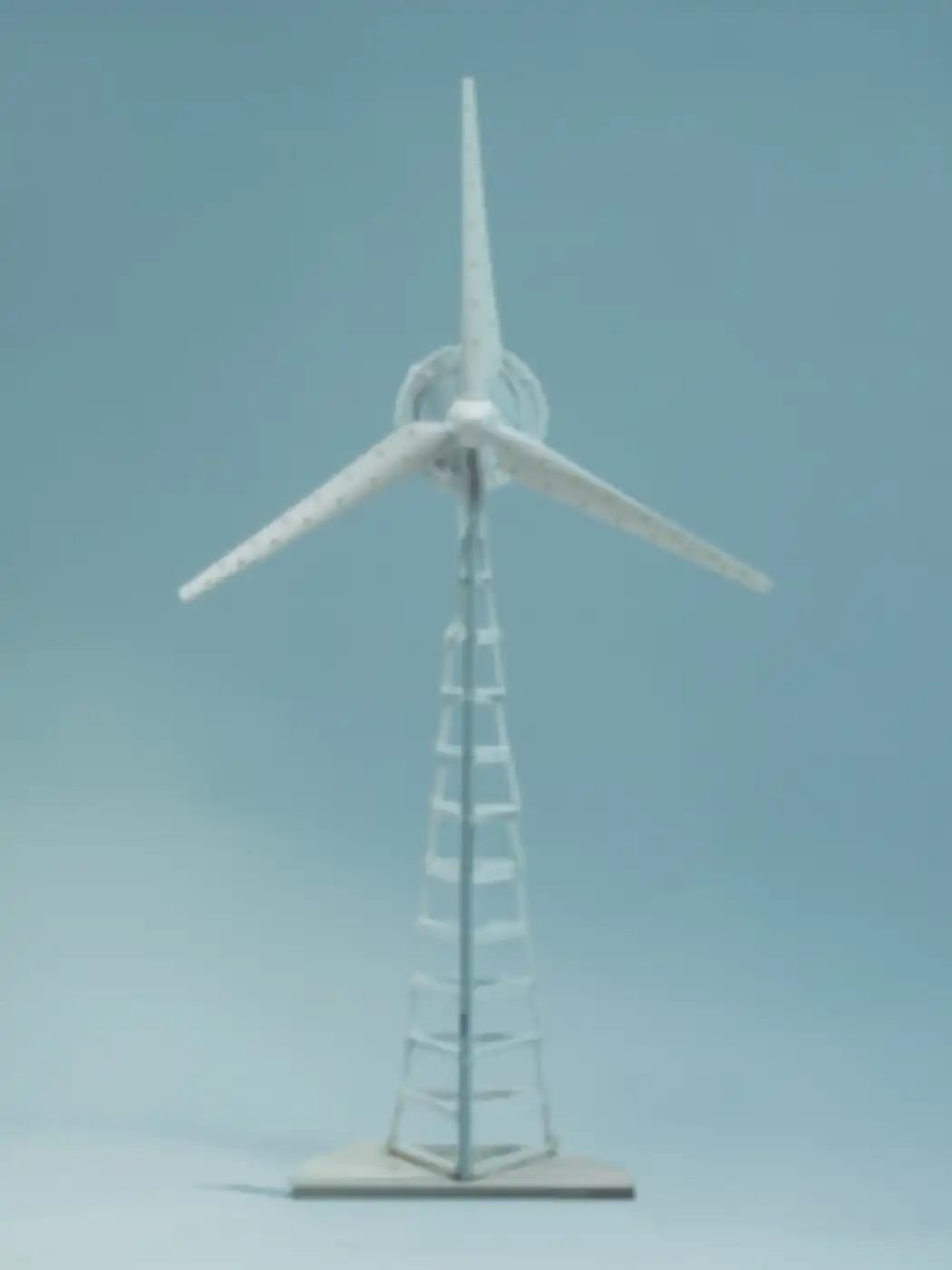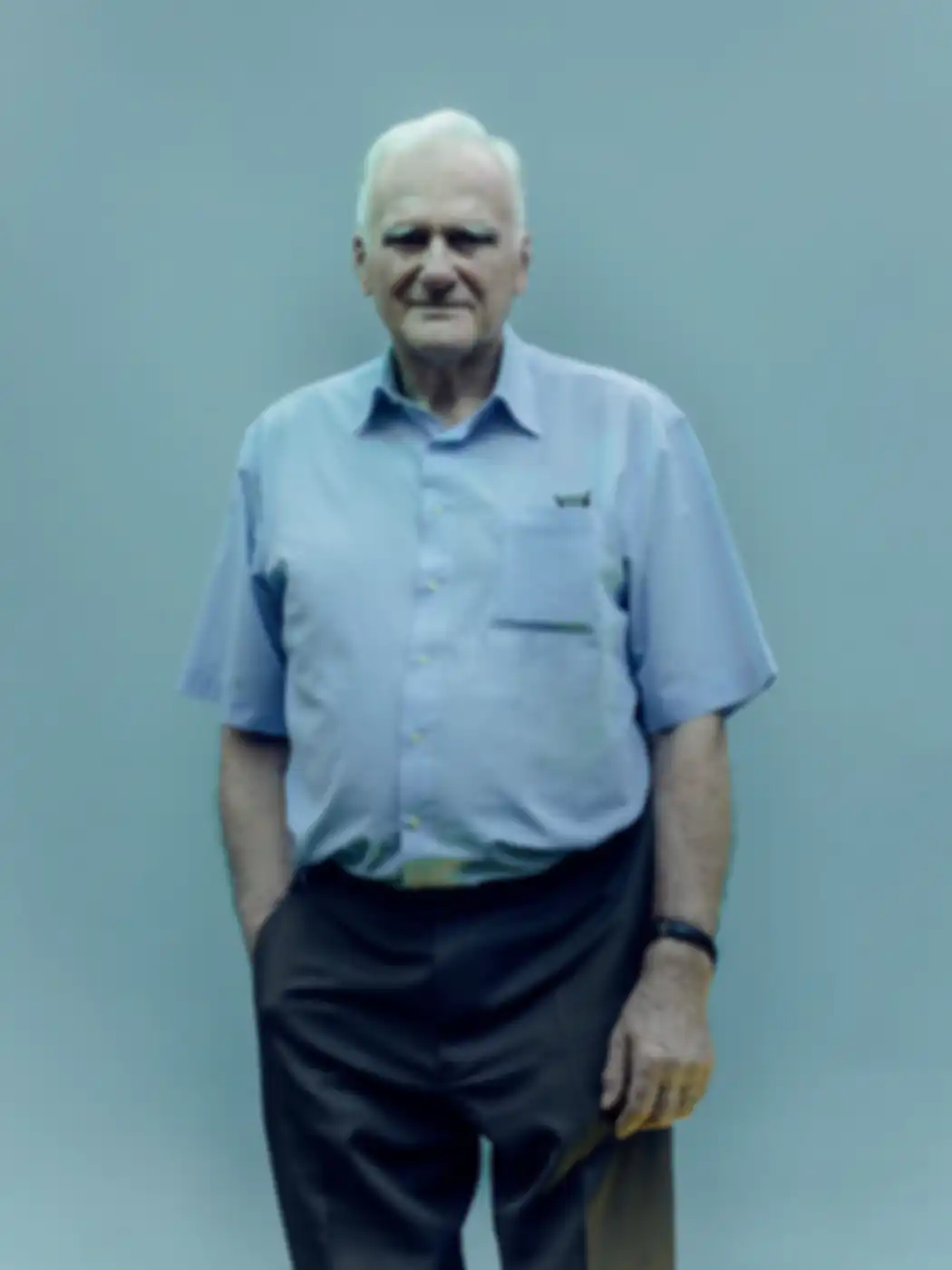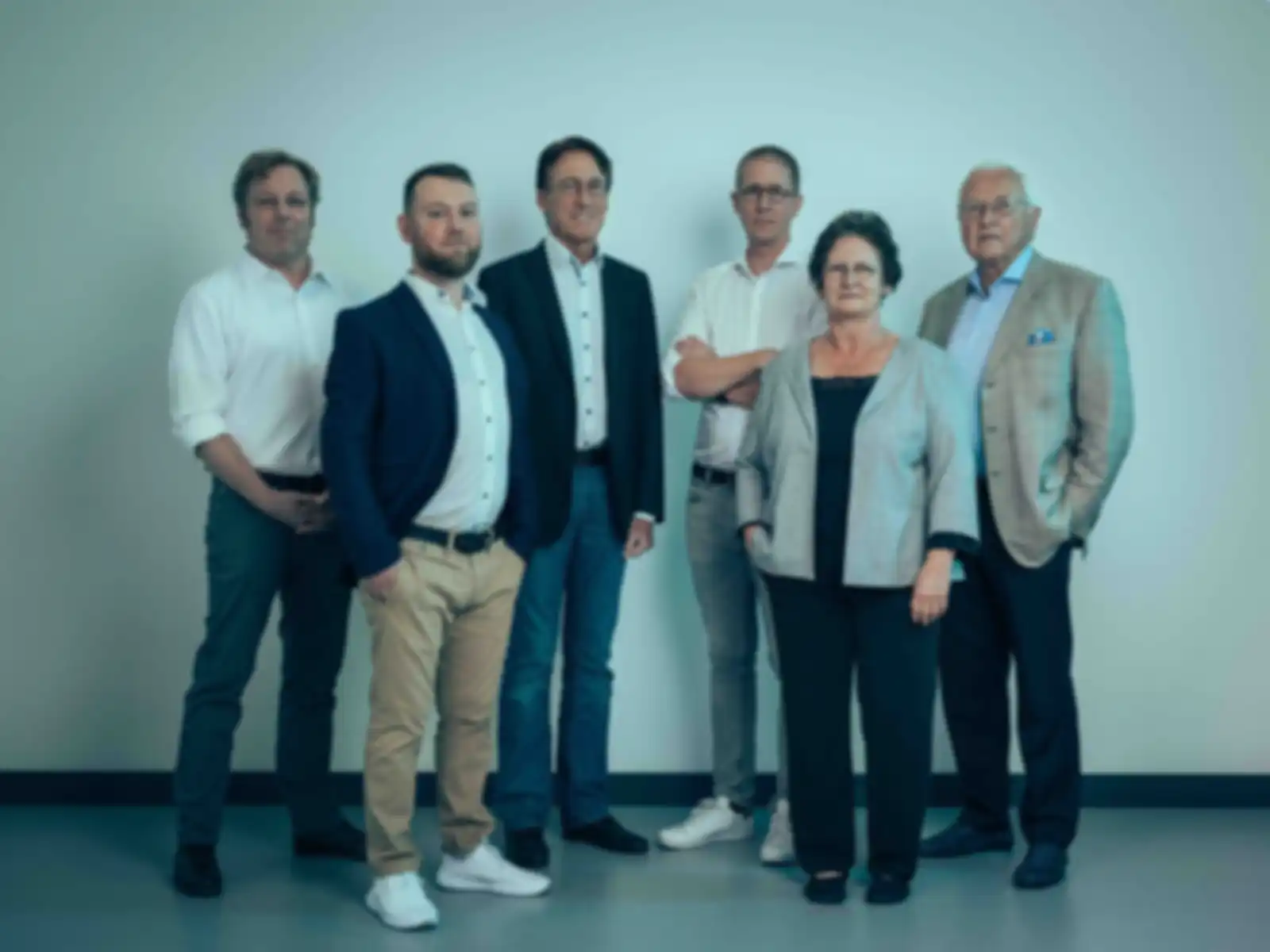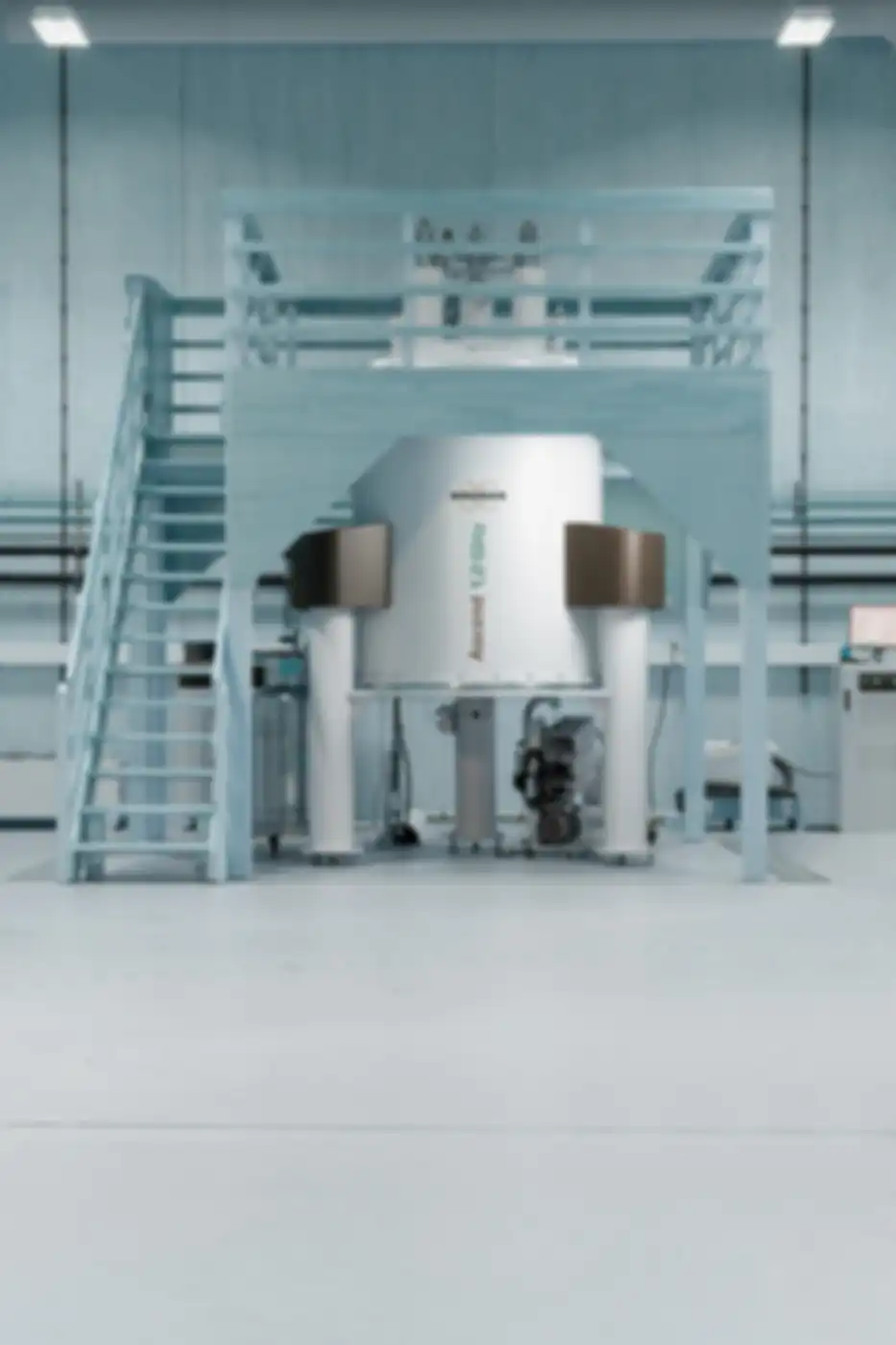A square millimeter of future: The analog computer on a chip
The innovator: Analog pioneer Bernd Ulmann
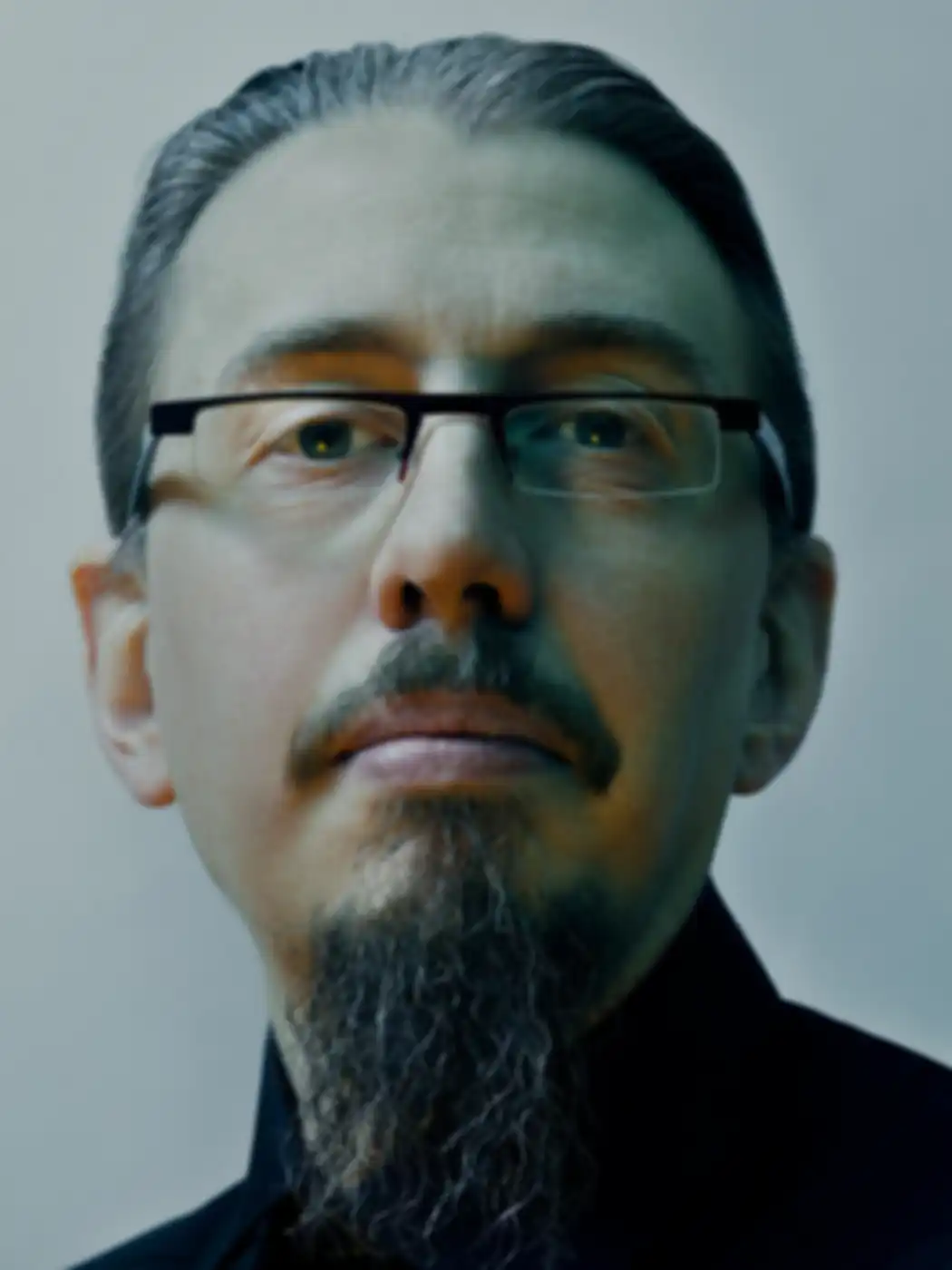
Bernd Ulmann is a man of passionate thought and deed. Fascinated by analog computers ever since he was a teenager, his enthusiasm only seems to be intensifying with time. His house is half-workshop, half-museum, brimming with at times huge analog computers, soldering stations and microscopes. By his own account, his wife tolerates this and is kind enough to live elsewhere.
But Ulmann calms his visitor by adding that they see each other every day and love each other very much.
There aren’t enough hours in the day for this professor at a technical college, museum director, collector, repairman and Vaxman, as he is referred to in the scene (after the legendary VAX computer). For him, analog is the only way to go. Digital is sub-complex and not human enough, either. After all: An ordinary digital computer operates in a program-controlled manner by means of an algorithm; i.e., it performs individual steps, one at a time. An analog computer does not know any step-by-step execution; here, all computing elements operate in parallel. Essentially the way a nervous system or the human brain operates. Completely biologically. Nothing in biology can afford to compute sequentially. Hence, the future lies in analog computers, as Ulmann explains with Vaxmanic vehemence.
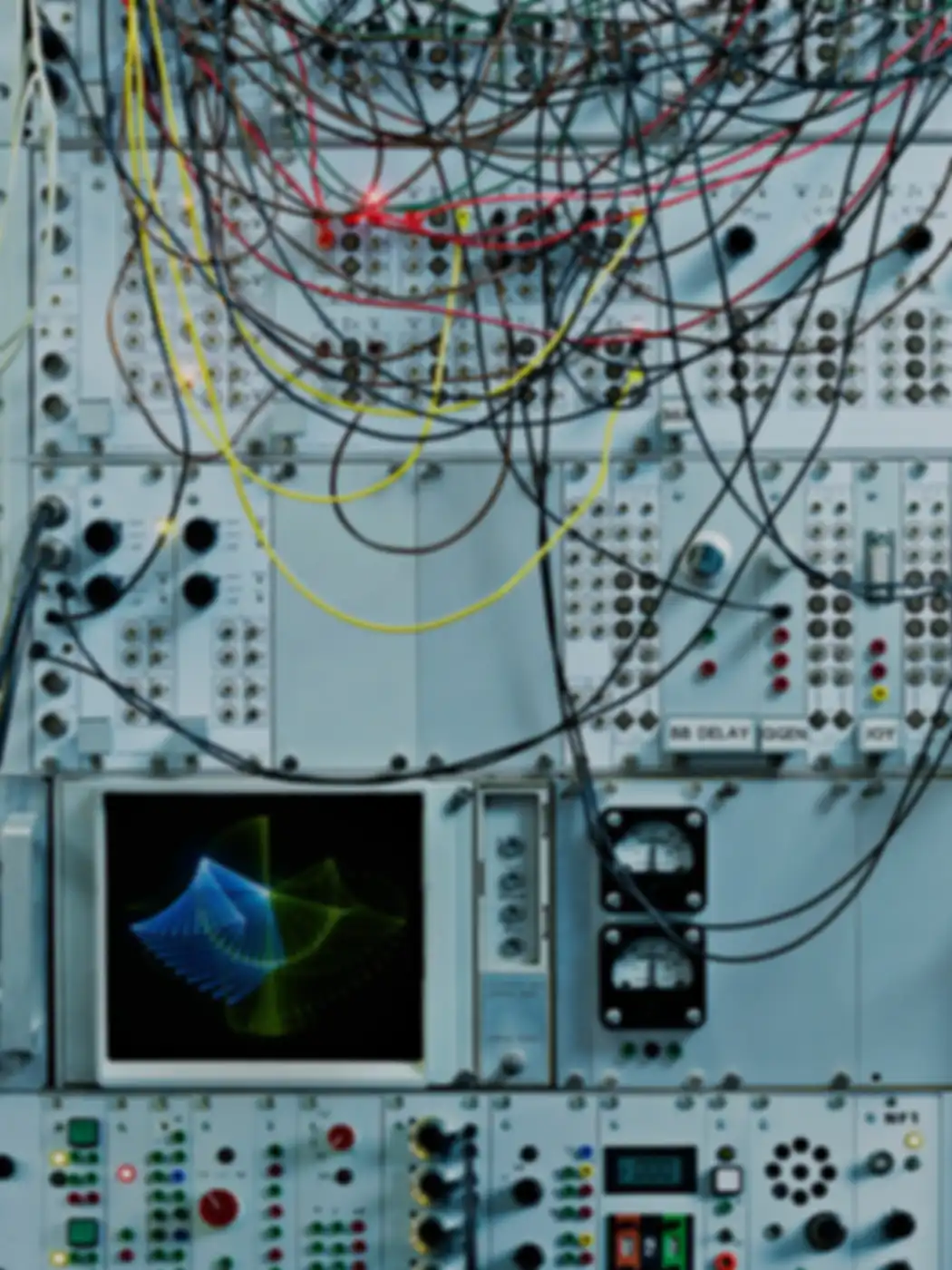
»Analog is the only way to go. Digital is sub-complex and not human enough, either.«
THE INNOVATION: AN ANALOG COMPUTER ON A CHIP
As Ulmann stresses, the problem with conventional, digital computers is that they consume too much energy and run up against physical boundaries. Classical computing has reached an end. We need fresh ideas for high-performance computing – and the same is true for energy-efficient computing.
In light of this, Ulmann’s dream and goal is to build an analog computer that is faster than any digital computer and consumes only a minimum of energy. The actual innovation is to put the analog computer on a chip, just as we have digital computers on a chip today, and along with miniaturization, the possibility of programming the analog computer under the control of a digital computer: The goal is to develop an analog computer on a chip no bigger than a few square millimeters in size. The same way we can now fit digital computers onto a single chip. A quantum leap that revolutionizes signal processing in mobile phones or medical implants, e.g. for brain pacemakers.
According to Ulmann, this is not magic but instead within reach. For the realization, Bernd Ulmann founded anabrid GmbH together with visionaries from various industries.
For more than two years, SPRIND incubated the Analog Computer on a Chip project. SPRIND provided initial funding to develop the project through validation contracts and worked with the team to develop a roadmap for the analog computer on a chip. Subsequently, the project was to be advanced through the establishment and funding of SPRIND's Analog Intelligence subsidiary.
With intensive support from SPRIND, anabrid GmbH developed a first product to introduce analog technology to research and education as well as interested geeks: The Analog Thing
, or THAT for short. This is a low-cost open-source and open-hardware analog computer. THAT has already been introduced to the eleven million subscribers of the popular science channel Veritasium
.
In autumn of 2021, SPRIND could present anabrid in the context of the economic stimulus program for quantum computers in Ulm. As part of the Quantum Initiative of the Institute for Quantum Technologies at the German Aerospace Center (Deutsches Zentrum für Luft- und Raumfahrt; DLR) and supported by SPRIND, anabrid will make its technology available for research into quantum technologies as well as for research into hybrid computer architectures.
Due to the present double funding with DLR, the original plans of Analog Intelligence GmbH cannot be further implemented. Therefore, in June 2022, the parties involved have mutually decided that Analog Intelligence GmbH will not continue its research and development activities as planned and that anabrid GmbH will instead fully focus on the DLR mission.
